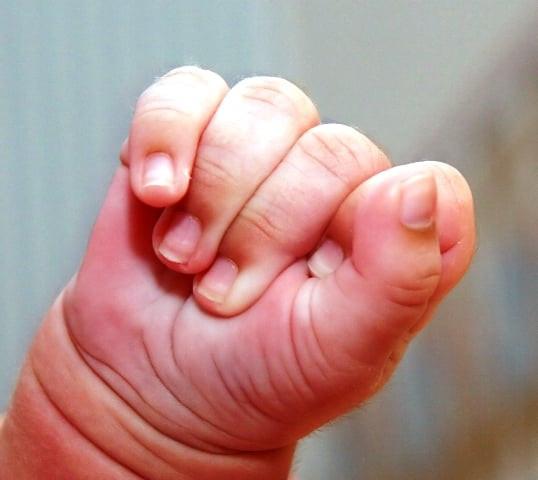Late talkers do fine as they grow up: Study
About one of every 10 two-year-olds in study was a late talker, scoring in lowest 15% on a list of 310 common words.

Late talkers do fine as they grow up: Study
Andrew Whitehouse and colleagues at the University of Western Australia, followed late talkers into their teens in an unusual long-term study and found that they were no more likely to be shy, depressed or aggressive than their peers as they great up.
"Expressive vocabulary delay at the age of 2 years is not in itself a risk factor for later behavioral and emotional disturbances," the group wrote in Pediatrics.
That means a "wait-and-see" approach may be just fine for toddlers with a language lag, as long as they develop typically in other areas.
The study followed more than 1,400 two-year-olds whose parents had filled out a language development survey asking about the words their child would use spontaneously. A two-year-old typically says a few hundred words, but there is a lot of variation.
About one of every 10 two-year-olds in the study was a late talker, scoring in the lowest 15 percent on a list of 310 common words.
The late-talking toddlers also appeared to have more psychological problems, according to questions on a child behavior checklist that parents answered.
For instance, 13 percent of the late talkers had "internalizing" behavior – such as being shy, sad or underactive – compared to 8 percent of their peers who were "faster" talkers.
But that difference had vanished at age five, when their parents were approached again. It didn't reappear for as long as the children were followed, up until age 17.
According to Whitehouse and his colleagues, that hints that the reason more late talkers had early behavioral problems is likely because they are frustrated by not being able to communicate effectively, not because there is something else wrong.
But they added that it's important to pay attention if the children don't catch up, because persistent language deficits have been tied to mental health problems.



















COMMENTS
Comments are moderated and generally will be posted if they are on-topic and not abusive.
For more information, please see our Comments FAQ